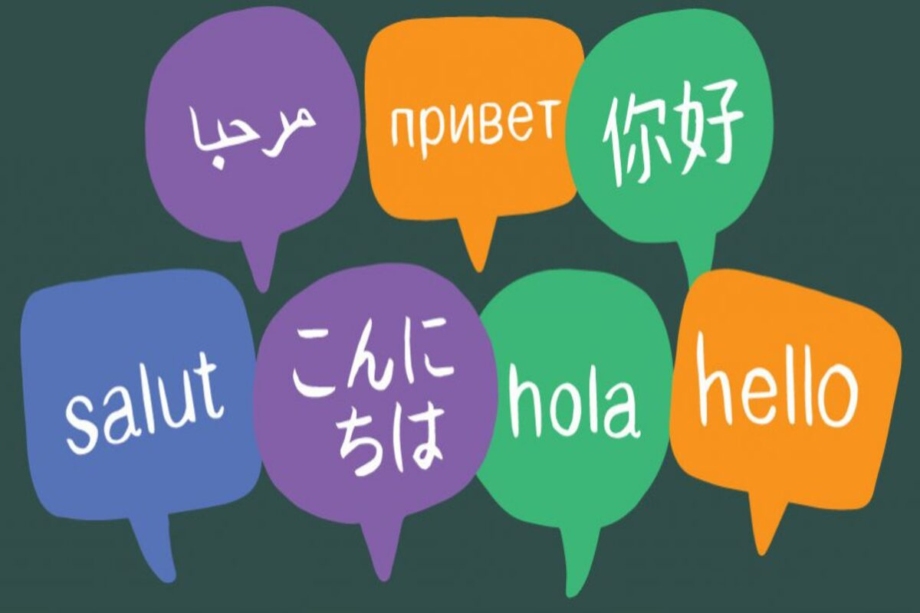Understanding the Role of Interpreters
Interpreters play a crucial role in ensuring that migrant and refugee communities can access services effectively. They bridge the language gap, allowing individuals to communicate their needs, understand available services, and make informed decisions. Proper use of interpreters is essential for providing equitable and accessible services.
When to Use an Interpreter
An interpreter should be used whenever there is a language barrier that could impact the quality of service delivery. This includes situations where the client has limited English proficiency or when discussing complex or sensitive information. Using an interpreter ensures that the client fully understands the information and can communicate their needs effectively.
Choosing the Right Interpreter
Selecting an appropriate interpreter is vital. Here are some key considerations:
- Language Proficiency: Ensure the interpreter is fluent in both English and the client’s language. They should be able to understand and convey complex information accurately.
- Professional Qualification: Use accredited interpreters who have undergone professional training and adhere to ethical standards. The National Accreditation Authority for Translators and Interpreters (NAATI) provides certification for qualified interpreters in Australia.
- Cultural Sensitivity: Choose an interpreter who is culturally sensitive and understands the cultural context of the client. This helps in avoiding misunderstandings and ensuring respectful communication.
- Gender and Age Appropriateness: Depending on the situation, the client may feel more comfortable with an interpreter of a specific gender or age. This is particularly important when discussing sensitive topics.
Preparing for an Interpreted Session
Proper preparation can enhance the effectiveness of an interpreted session. Here are some steps to take:
- Brief the Interpreter: Provide the interpreter with background information about the session’s context, including any specific terminology or concepts that will be discussed. This helps the interpreter prepare and ensures accuracy.
- Arrange the Environment: Set up the environment to facilitate effective communication. This may include seating arrangements that allow for clear sightlines and ensuring that the interpreter and client can hear each other well.
- Allow Extra Time: Interpreted sessions may take longer than usual. Schedule additional time to ensure that all necessary information is communicated without rushing.
Conducting the Session
During the session, it’s important to follow best practices to ensure effective communication:
- Speak Directly to the Client: Address the client directly, not the interpreter. This helps build rapport and ensures the client feels respected and involved.
- Use Simple Language: Speak clearly and use simple, straightforward language. Avoid jargon, idioms, or complex terminology that may be difficult to interpret.
- Pause Regularly: Allow time for the interpreter to convey your message accurately. Pause after a few sentences to give the interpreter time to translate.
- Check Understanding: Periodically check that the client understands the information being conveyed. Ask questions and encourage the client to ask for clarification if needed.
Confidentiality and Professionalism
Confidentiality is paramount when using an interpreter. Ensure that the interpreter understands the importance of maintaining confidentiality and adheres to professional ethical standards. Clients should feel safe and confident that their information will be kept private. Some people may prefer an interpreter with no links to their community as they may have concerns about confidentiality.
Evaluating the Interpreted Session
After the session, evaluate the effectiveness of the interpretation. Seek feedback from the client and the interpreter to identify any areas for improvement. Continuous evaluation helps improve the quality of interpreted sessions and ensures that clients receive the best possible service.
Why using an interpreter is important
Using an interpreter properly is essential for providing accessible services to migrant and refugee communities in Australia. By choosing the right interpreter, preparing effectively, conducting the session with best practices, and ensuring confidentiality, service providers can bridge the language gap and deliver equitable support.
To find a list of certified interpreters visit https://www.naati.com.au/


